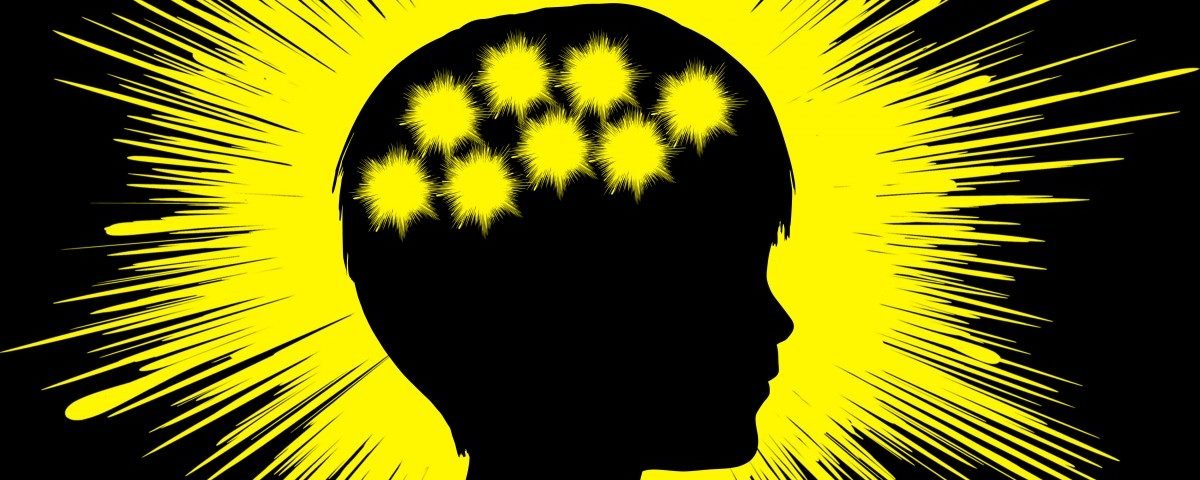Zogenix’s ZX008 (low-dose fenfluramine) has been granted Orphan Drug designation by the Food and Drug Administration (FDA) as a potential treatment for Lennox Gastaut Syndrome (LGS), a severe childhood form of epilepsy. The drug already received the same status in Europe earlier this year.
The FDA attributes Orphan Drug status to experimental drugs designed to treat rare, life-threatening, or chronically debilitating diseases affecting fewer than 200,000 people, and for which there are unsatisfactory or no prevention and treatment options. The status also accelerates the drug’s development and the launch of clinical studies, and protects the product from competition when it reaches the market.
“The receipt of Orphan Drug Designation in the treatment of LGS represents another significant milestone for our ZX008 development program,” Stephen J. Farr, PhD and the company’s president and CEO, said in a news release.
“The Investigational New Drug (IND) Application for our Phase 3 LGS study was approved to proceed by the FDA in April,” he added. “We intend to initiate this clinical trial in the second half of 2017, following the availability of top-line Phase 3 data in our initial indication, Dravet syndrome. We expect that the first patients will enroll in the planned LGS study in the fourth quarter of 2017.”
ZX008 is a low-dose fenfluramine liquid solution and is currently being evaluated as a treatment to reduce seizures in patients with LGS and Dravet syndrome, a severe form of children’s epilepsy caused by a genetic mutation of the SCN1A gene. It is characterized by frequent daily seizures that are resistant to treatment, delayed language and motor development, sleep disturbances, and severe cognitive deficit.
The ZX008 Phase 3 program in Dravet syndrome includes four Phase 3 clinical studies being conducted in the US and other countries (NCT02823145, NCT02926898, NCT02682927, NCT02826863).
LGS is a refractory form of epilepsy that starts during childhood and usually persists into adulthood. According to the Epilepsy Foundation, this condition occurs in 2 to 5 percent of childhood epilepsy cases. Multiple, different types of seizures, often combined with intellectual impairment, complicates managing life with LGS.


